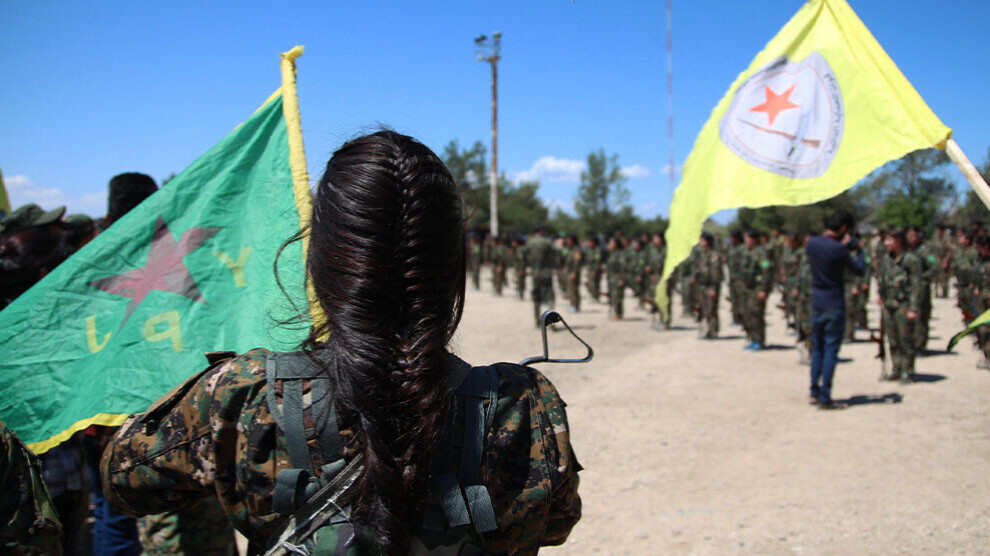SDF launch major operation in border area
The Syrian Democratic Forces have launched a new operation against the ISIS jihadist militia against the backdrop of increased ISIS activity. The area of operation includes the Deir ez-Zor desert.
The Syrian Democratic Forces have launched a new operation against the ISIS jihadist militia against the backdrop of increased ISIS activity. The area of operation includes the Deir ez-Zor desert.

The Syrian Democratic Forces (SDF) have launched a large-scale operation against the ISIS jihadist militia against the backdrop of increased activities of its cell structures. The area of operation includes the Deir ez-Zor desert and other regions in the border area between Syria and Iraq, the SDF press office announced Friday.
The offensive, which also involves the People's and Women's Defense Units (YPG/YPJ) and the Asayish (Internal Security Forces), has been underway for just under 24 hours. Dozens of arrests have already been made in raids on checkpoints and meeting points of people attributed to the ISIS. In addition, a large number of weapons and ammunition have been seized.
"This operation should be understood as an act of retaliation for the murder of two women revolutionaries," the SDF said. The reference is to two local Arab women politicians, Sada al-Harmoush and Hind al-Khedr, who worked for the autonomous administration and were abducted and executed by ISIS mercenaries in the town of Al-Dashisha, south of Hesekê, on January 22.
ISIS reorganizes
ISIS remains very active in Syria and Iraq. In the summer of 2014, the terrorist organization overran large parts of Iraq and Syria and brought them under its control. Across state borders, its leader Abu Bakr al-Baghdadi, who was killed in October 2019, proclaimed a caliphate - with himself at its head. Countless people were murdered in bestial ways, with some 10,000 falling victim to the genocide in the Yazidi settlement area of Shengal (Sinjar) alone. Iraq prematurely declared victory over ISIS at the end of 2017, and in neighboring Syria the militia's territorial rule was ended in spring 2019.
Even though thousands of ISIS jihadists have been arrested since then, underground structures formed in Iraq and Syria. In regions such as Deir ez-Zor, Raqqa, and Hama in Syria and Kirkuk, Baghdad, and Anbar in Iraq, these networks continue to carry out attacks. The frequency and quality of these attacks has increased significantly in recent weeks.